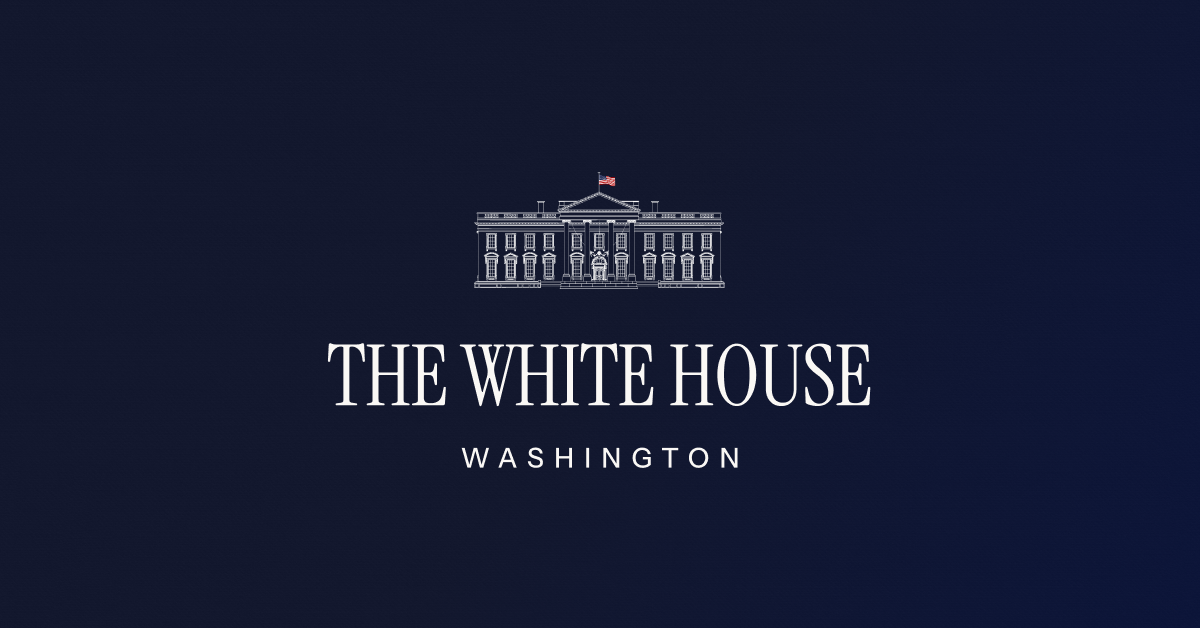President Trump’s Renewed Withdrawal from Paris Climate Accord Sparks Global Concern
President Trump’s renewed withdrawal from the Paris Climate Agreement reignites debates on global climate action. With the U.S. playing a pivotal role in emissions reduction, this decision impacts international relations, domestic policy, and the global fight against climate change.

In a decisive move on his first day back in office, President Donald Trump signed an executive order directing the United States to withdraw from the Paris Climate Agreement.
This move reaffirms his 2017 decision to exit the accord, later overturned by President Joe Biden in 2021. The withdrawal process, as stipulated by the agreement, requires a one-year period before it becomes official.
The Paris Climate Agreement, adopted in 2015, aims to limit global warming to well below 2°C, with an aspirational target of 1.5°C above pre-industrial levels. The agreement requires nations to outline their climate action plans through nationally determined contributions (NDCs). The U.S., as one of the world's largest emitters of greenhouse gases, has historically played a vital role in achieving the agreement’s objectives.
Trump’s Climate Policy Revisited
The renewed exit underscores the Trump administration’s skepticism toward international climate accords. Trump has argued that the Paris Agreement imposes an undue burden on American businesses while allowing major emitters like China and India to continue high-level emissions.
Implications of the Withdrawal
1. Global Climate Goals at Risk
The U.S. withdrawal casts doubt on the feasibility of global climate goals. As the world’s second-largest carbon emitter, the absence of U.S. leadership significantly hampers efforts to limit global warming, leaving other nations to grapple with heightened challenges.
2. Strained International Relations
Key allies, including the European Union, have emphasized collective action as central to climate success. French President Emmanuel Macron stressed that the Paris Agreement is "irreversible," a clear message against renegotiation. The U.S. withdrawal risks creating diplomatic rifts and weakening global unity.
3. Domestic Challenges
Domestically, the decision has deepened divisions across the United States. States, cities, and corporations with robust climate commitments—such as California, Washington, and Massachusetts—are expected to continue advancing their emission reduction initiatives, potentially clashing with federal policies. This friction raises concerns that progress in renewable energy development and climate resilience efforts could slow, amplifying both environmental and economic vulnerabilities.
4. Economic Ramifications
While President Trump frames the withdrawal as a protective measure for American industries, critics warn of missed opportunities in the expanding global green economy. By focusing on fossil fuel development and lifting restrictions on exploration, the administration could cede leadership in renewable energy innovation to competing nations.
Speculation on U.S. Role in Climate Negotiations
The executive order also raises questions about the United States' continued participation in the Conference of the Parties (COP), the primary decision-making body for the UN Framework Convention on Climate Change (UNFCCC). While no formal withdrawal has been announced, the administration’s policy shift suggests a reevaluation of U.S. involvement in global environmental discussions.
The Conference of the Parties (COP) is the supreme decision-making body of the United Nations Framework Convention on Climate Change (UNFCCC), where global climate policies are negotiated. Recently, Argentina's President Javier Milei ordered the withdrawal of his country's delegation from the COP29 summit in Baku, Azerbaijan, signaling a retreat from international climate discussions.
As of now, there is no official indication that the United States intends to withdraw from the COP process entirely. However, President Trump's executive order titled "Putting America First In International Environmental Agreements" suggests a reevaluation of U.S. participation in global environmental forums.
This has led to speculation about the future role of the U.S. in international climate negotiations.
Reactions to the Announcement
The announcement has drawn mixed reactions both domestically and internationally. Environmental groups and climate scientists have condemned the move, warning of severe consequences for global climate stability. Mary Robinson, former UN High Commissioner for Human Rights and a prominent climate advocate, called the decision “a step backward at a time when the world can least afford it.”
Conversely, some industry groups and political allies of President Trump have praised the decision, citing economic concerns and national sovereignty. The American Petroleum Institute released a statement supporting the move, emphasizing the need for a balanced approach to energy and environmental policy.
What’s Next?
Under the Paris Agreement’s rules, the withdrawal process takes a year to complete. During this time, the international community will likely intensify efforts to mitigate the impact of the U.S. exit. Meanwhile, domestic stakeholders—from state governments to private sector leaders—may seek to fill the void by advancing their own climate initiatives.
The future of U.S. climate policy remains uncertain. With a divided Congress and a polarized electorate, the path forward will depend on the balance of political will and public pressure. As the world watches, the question remains: can global climate goals withstand the absence of U.S. federal leadership?









